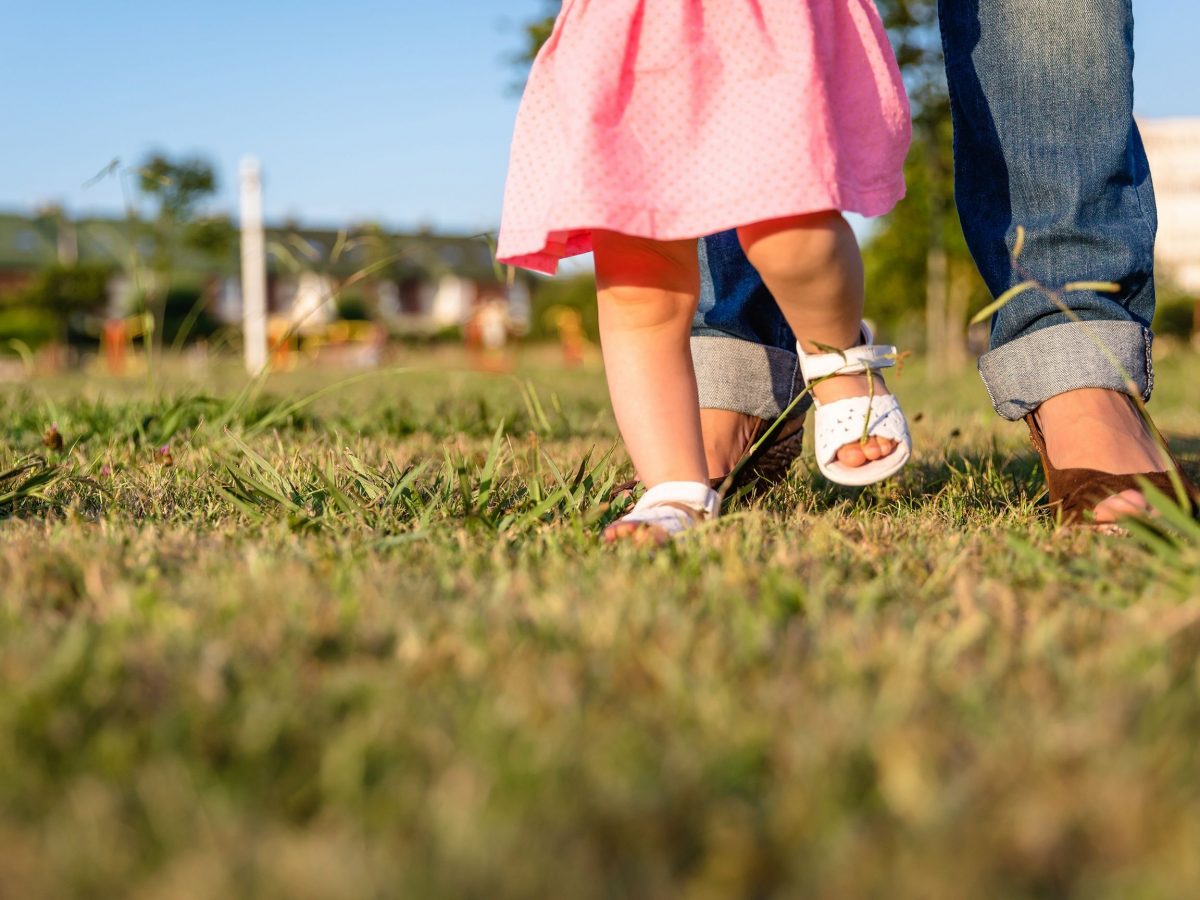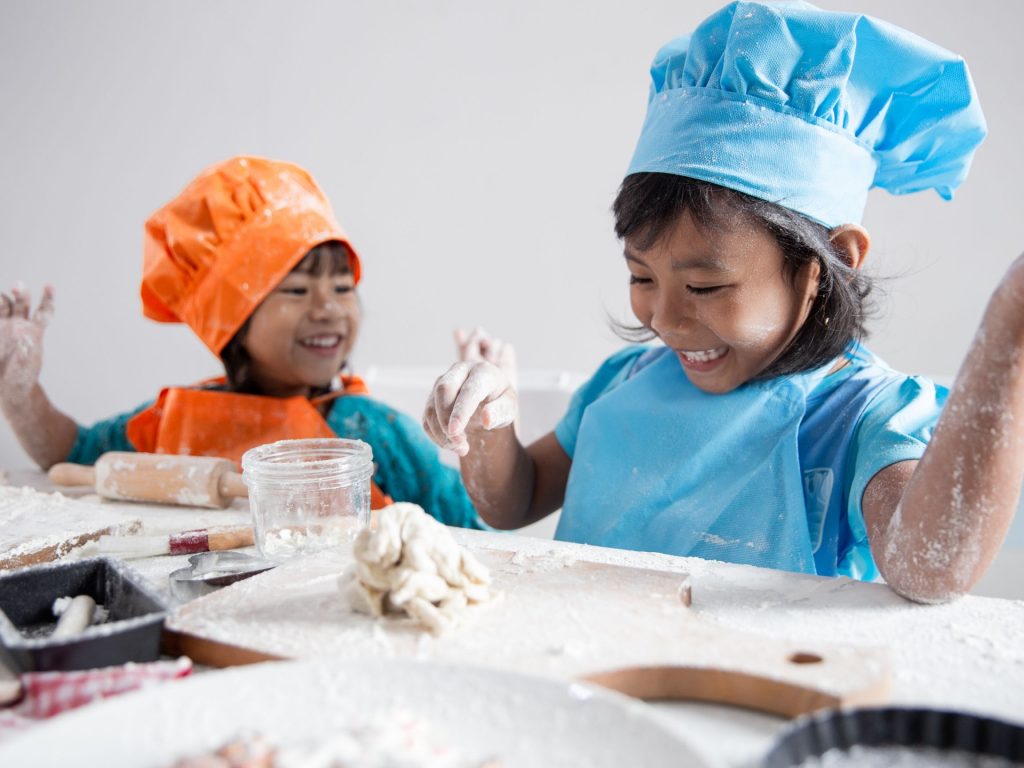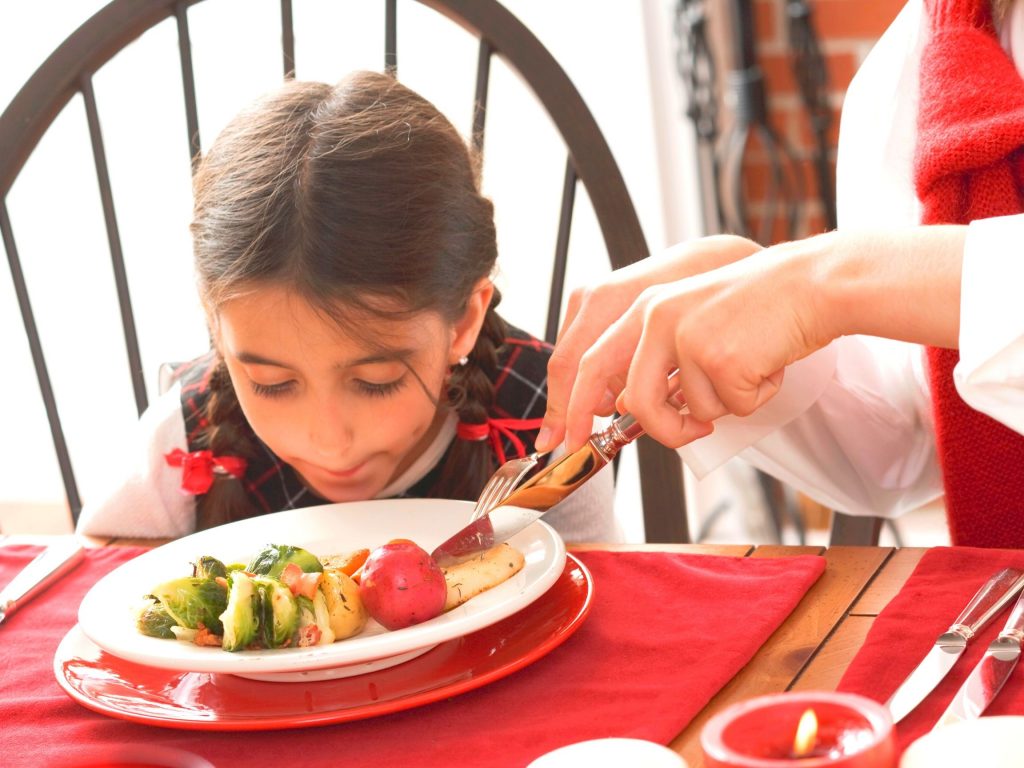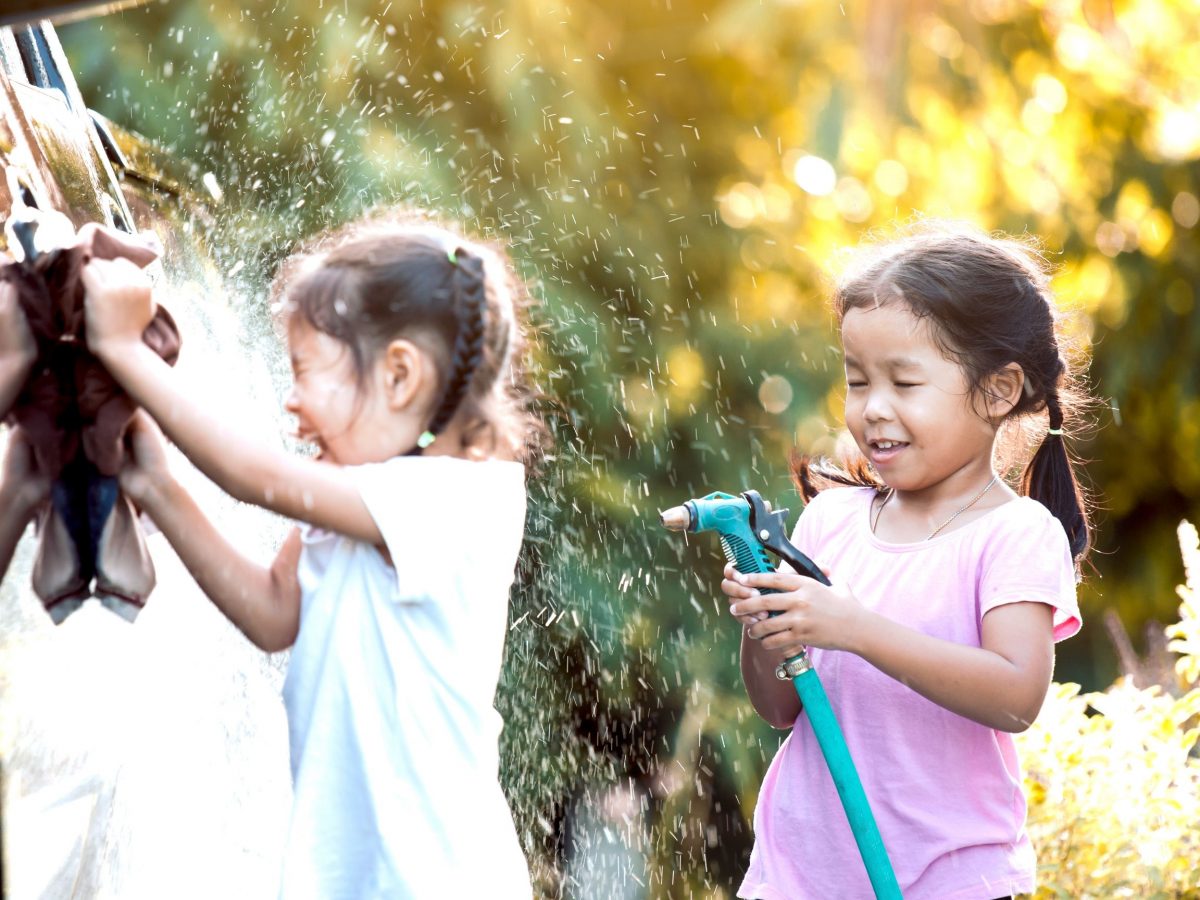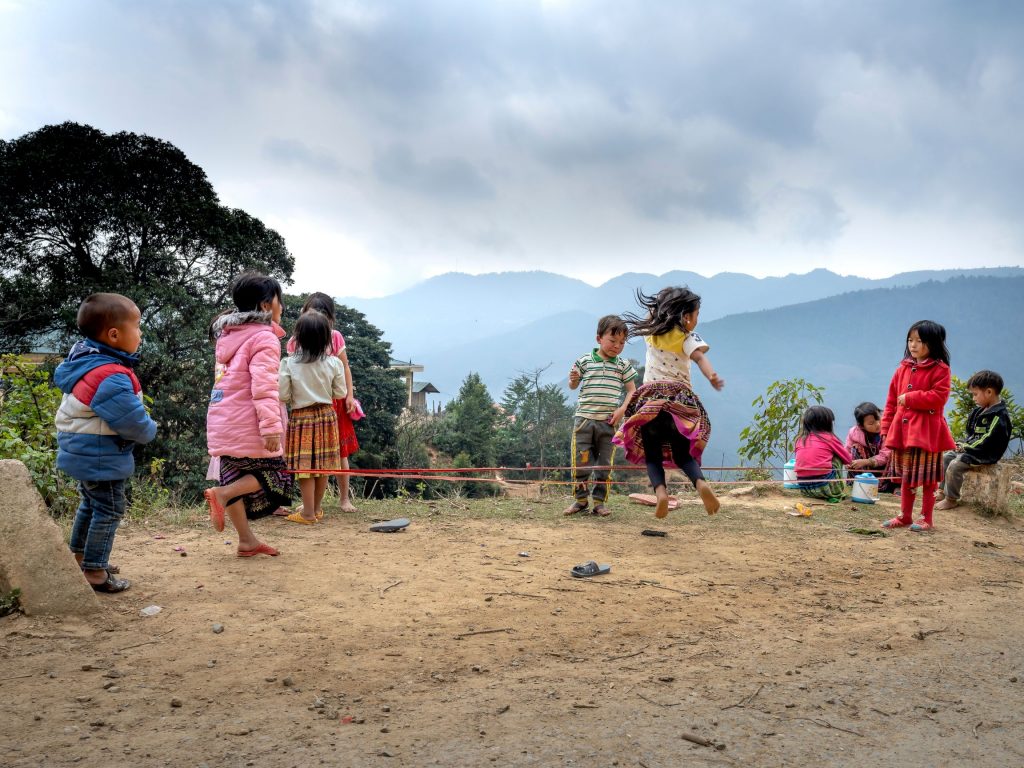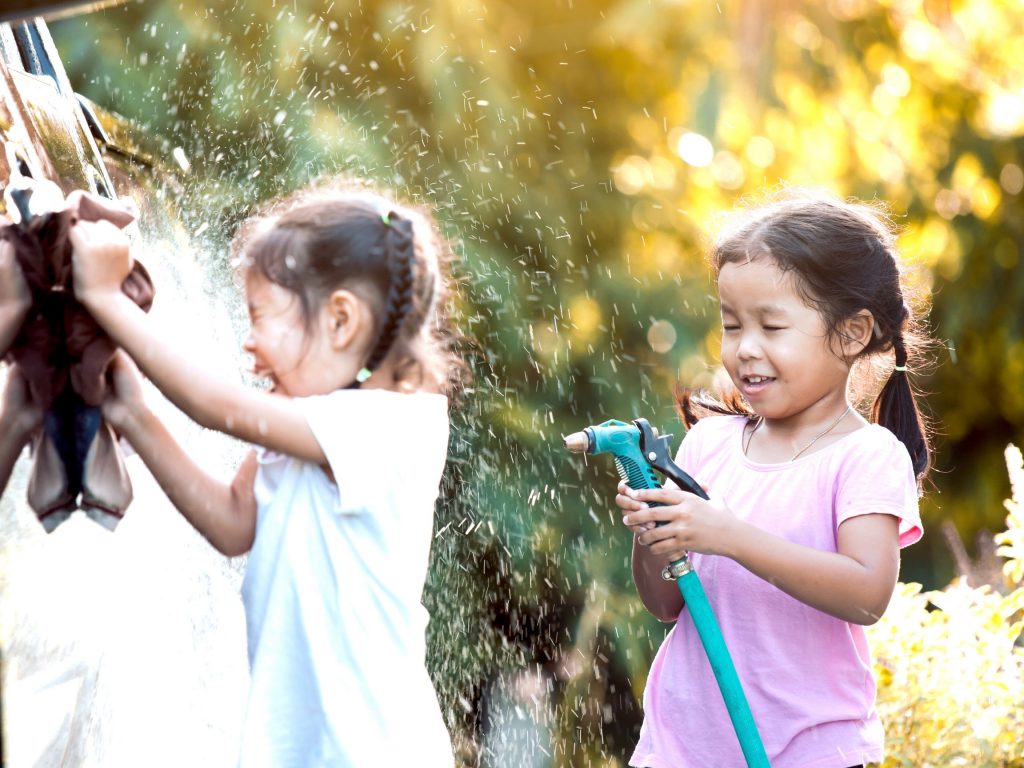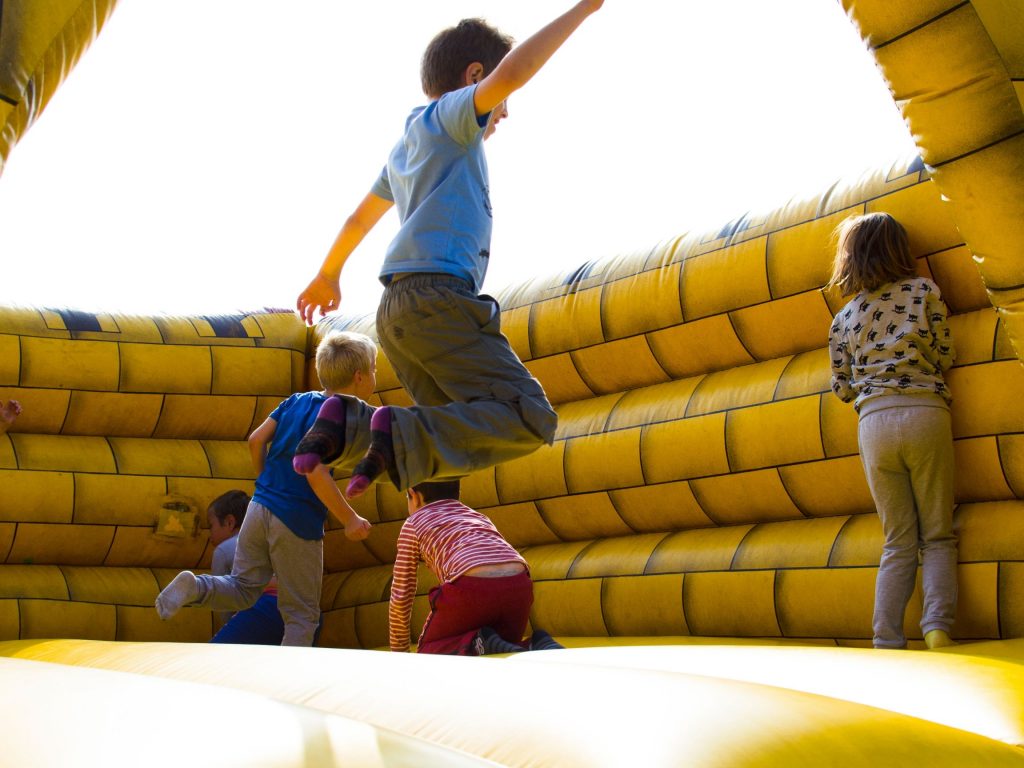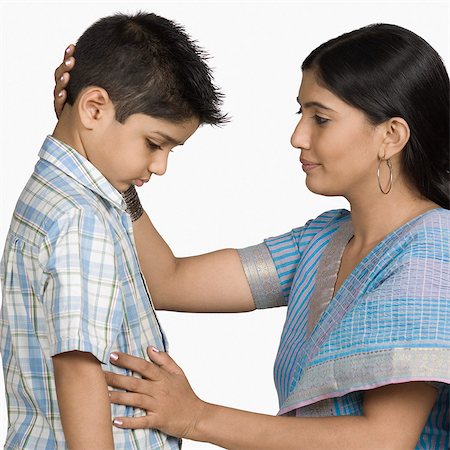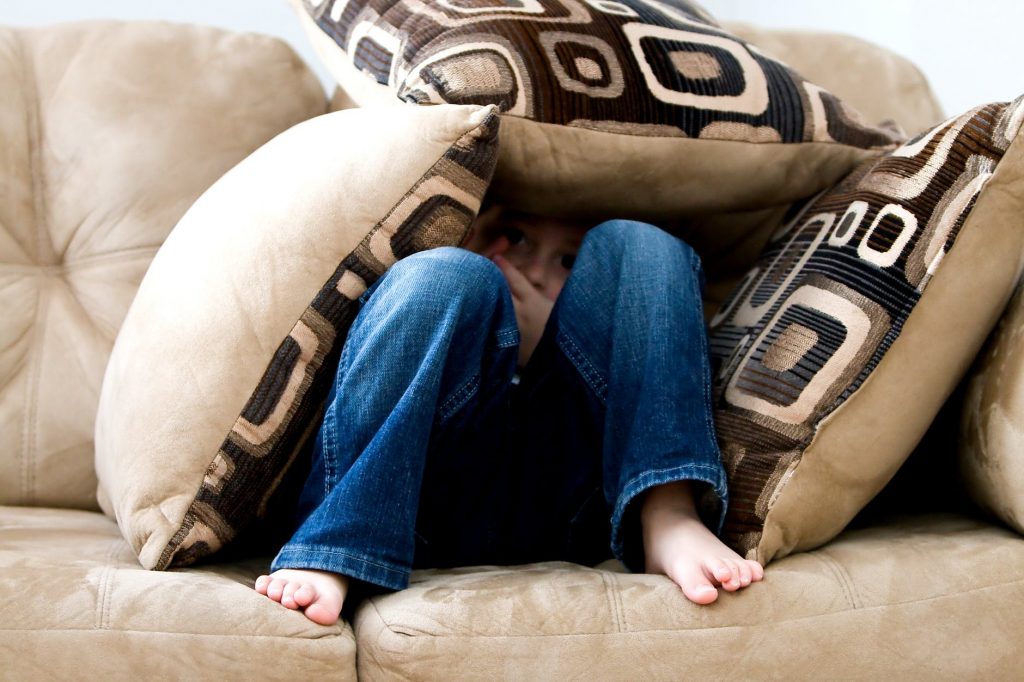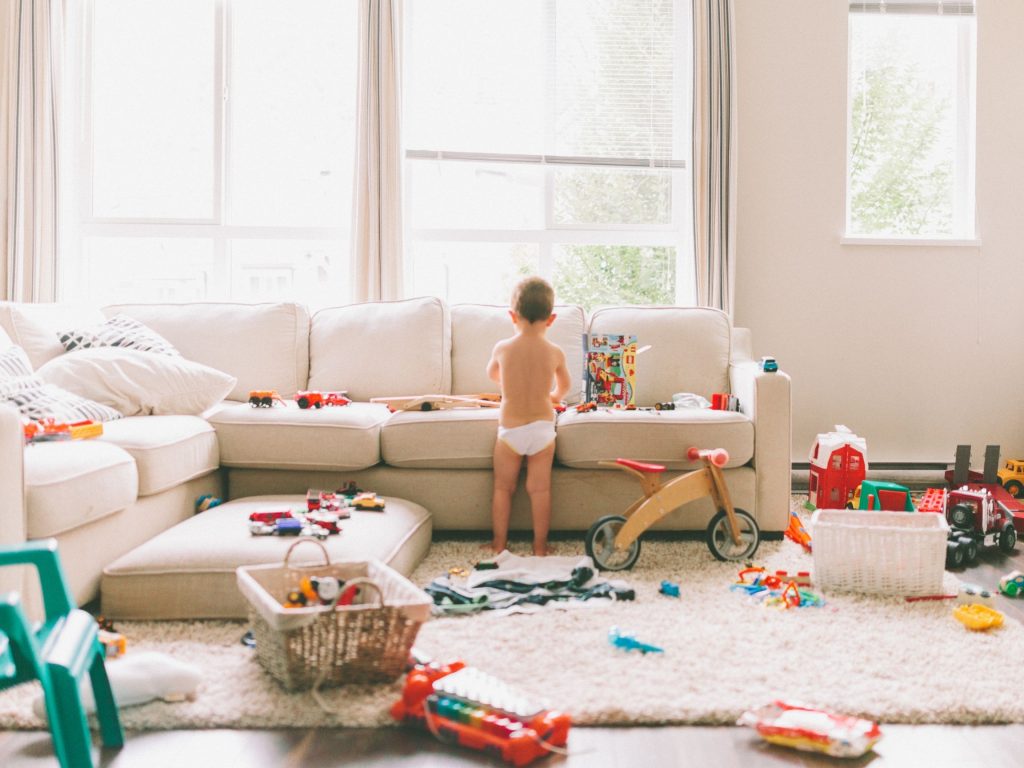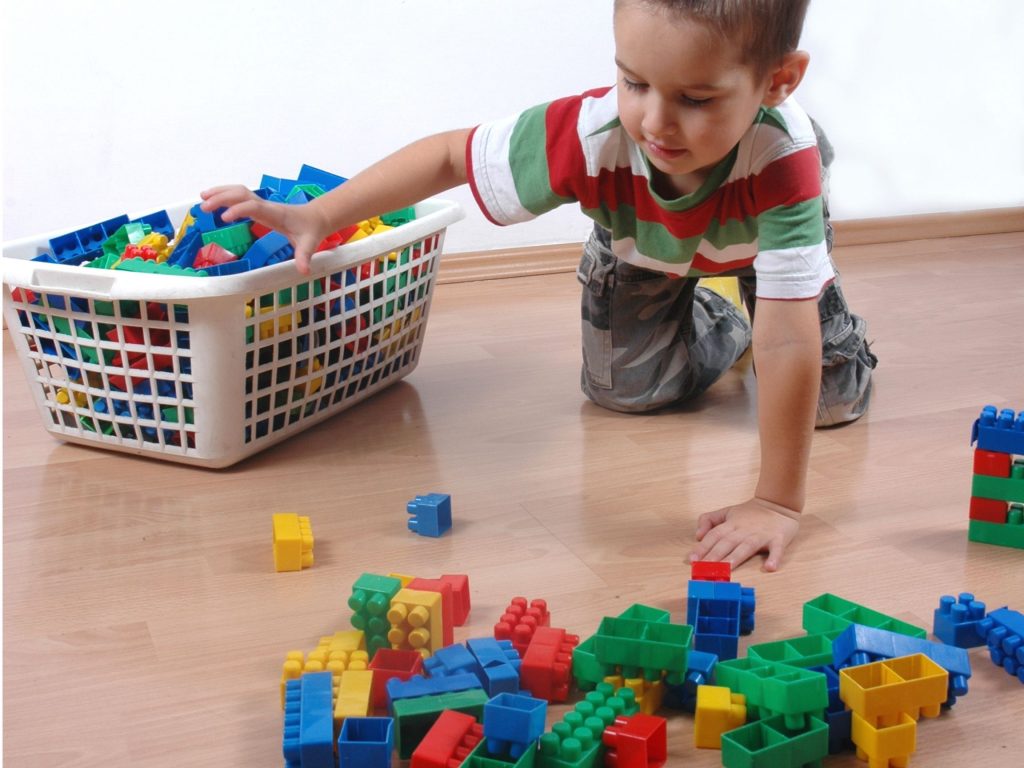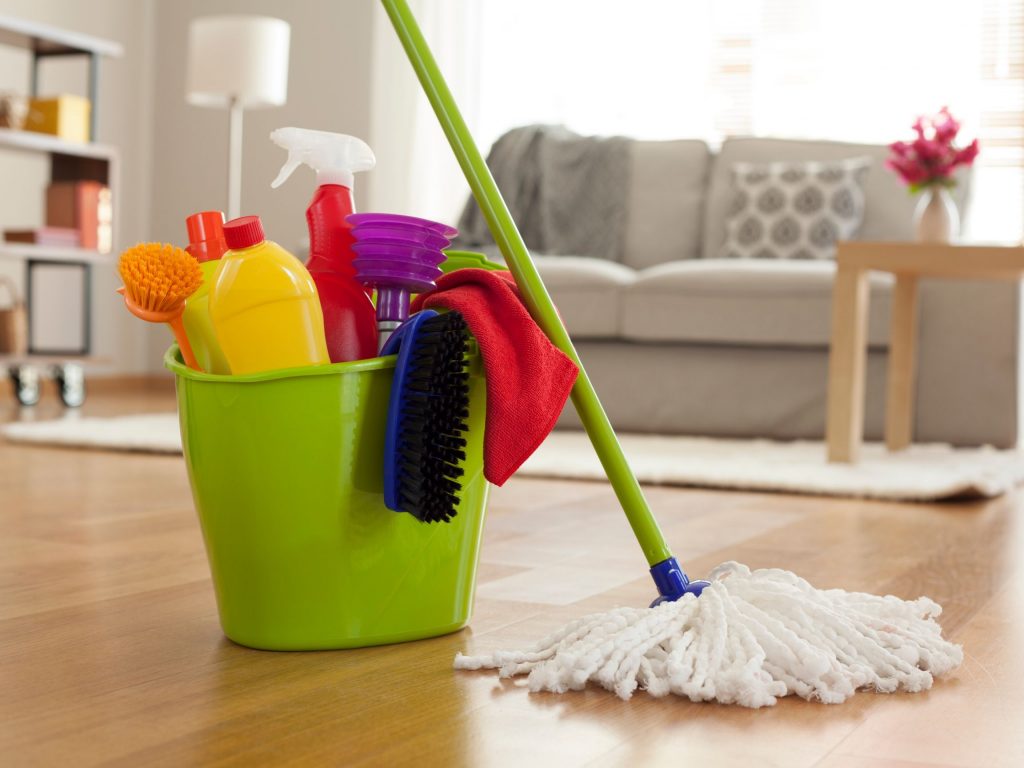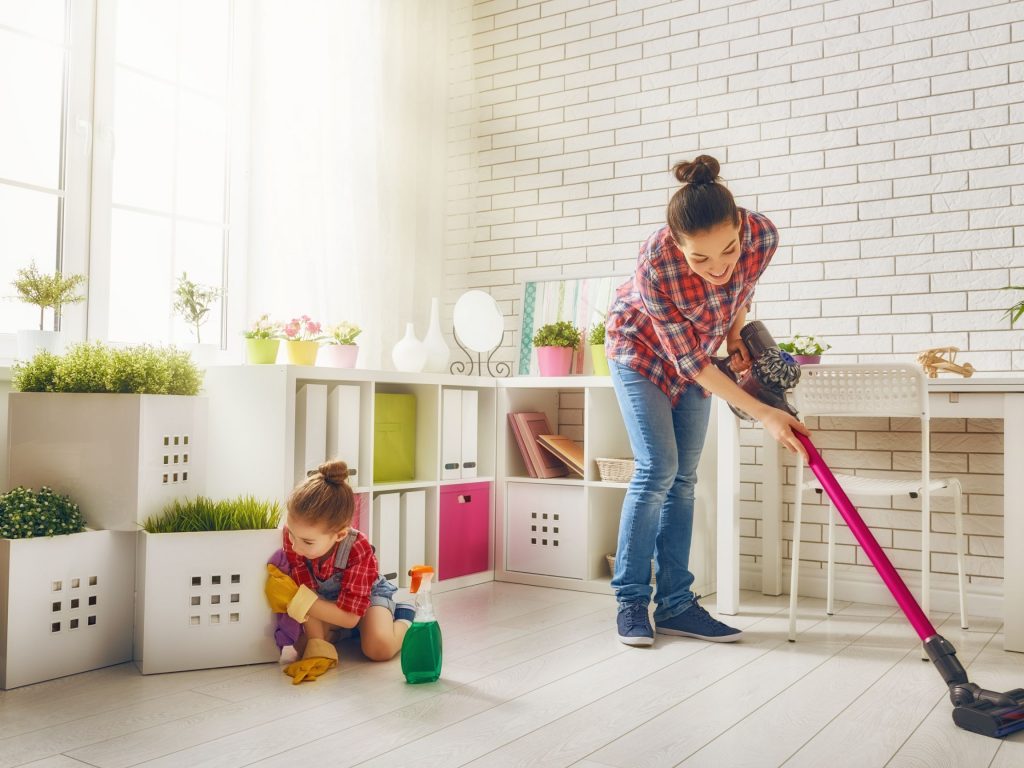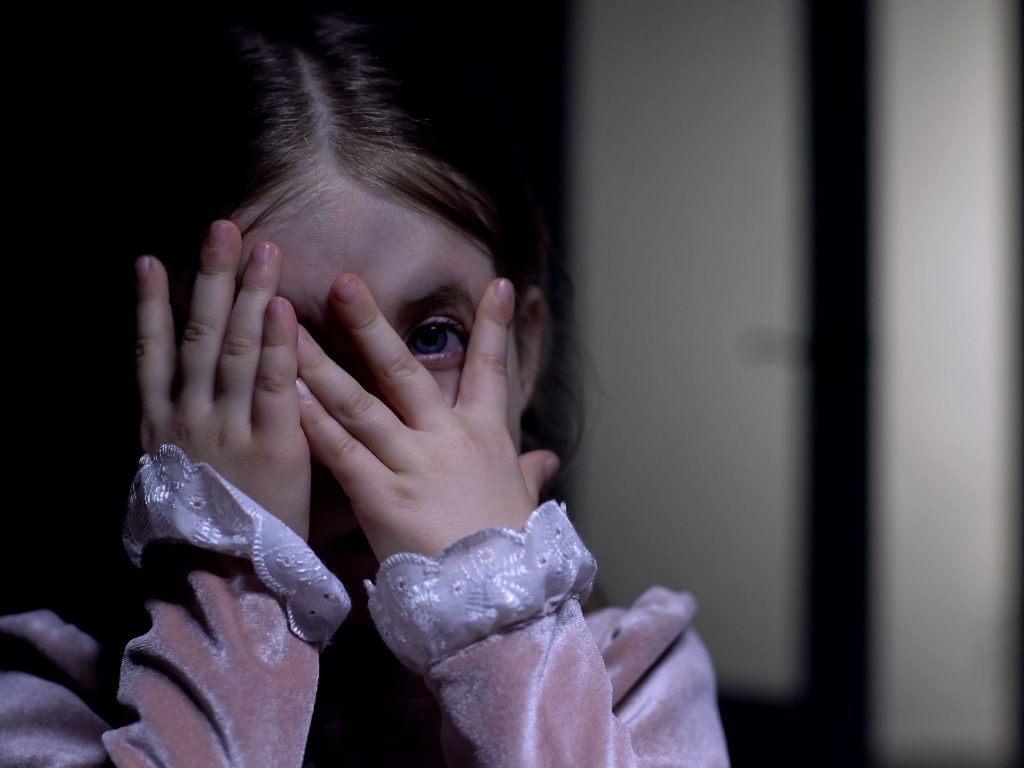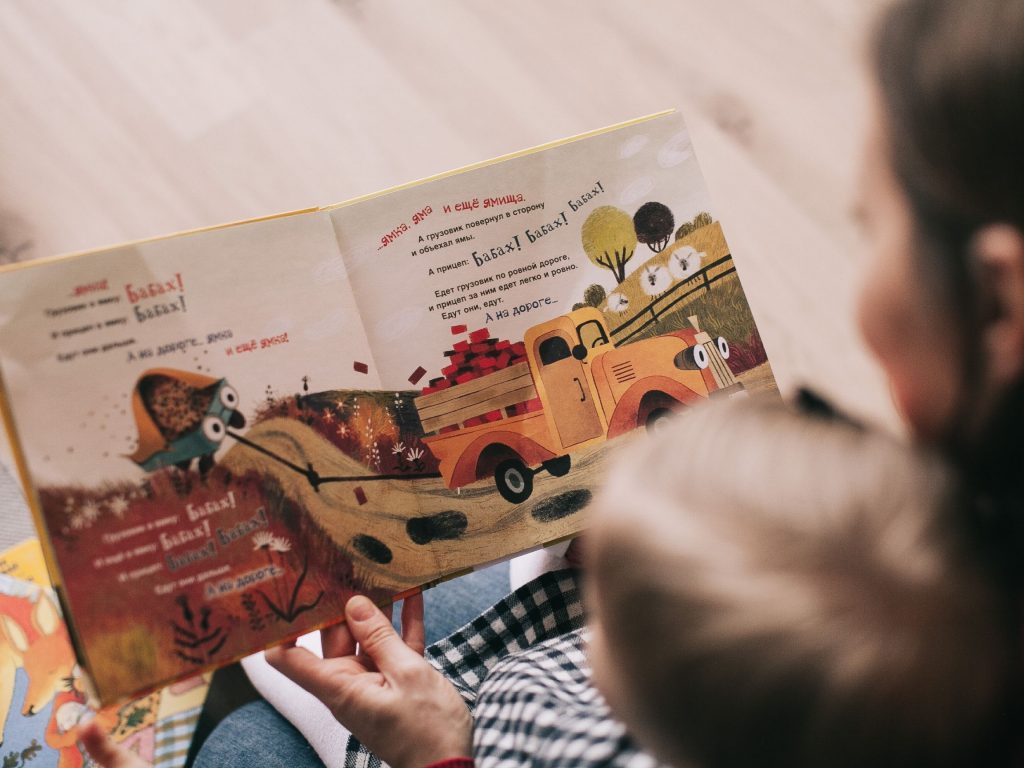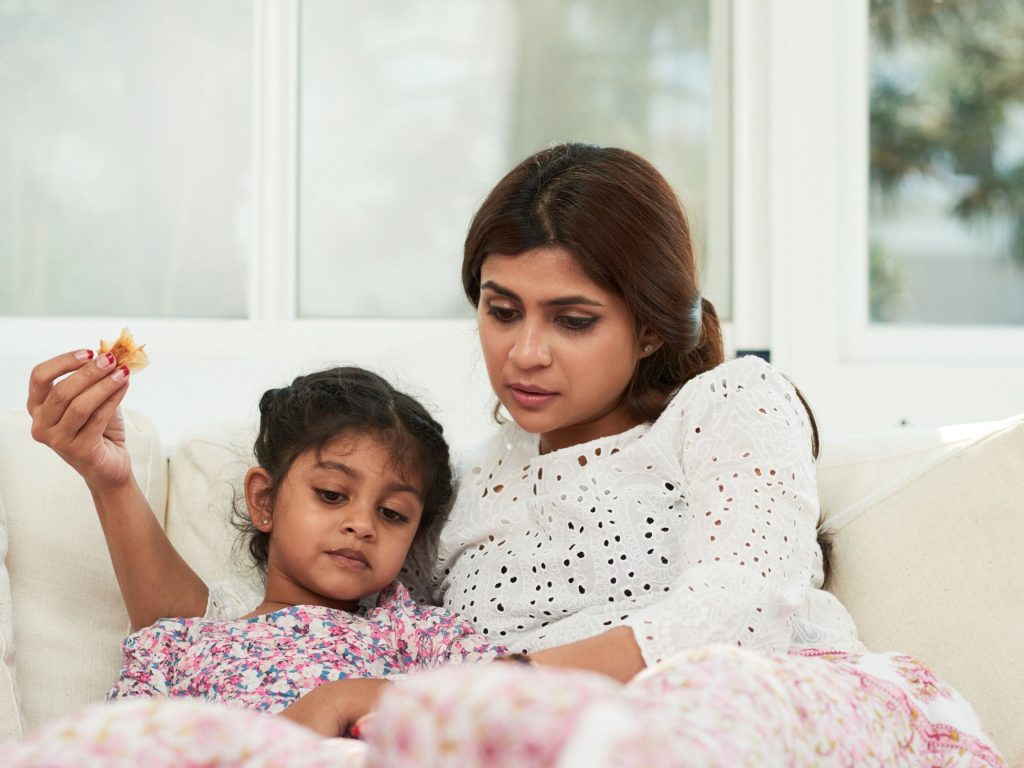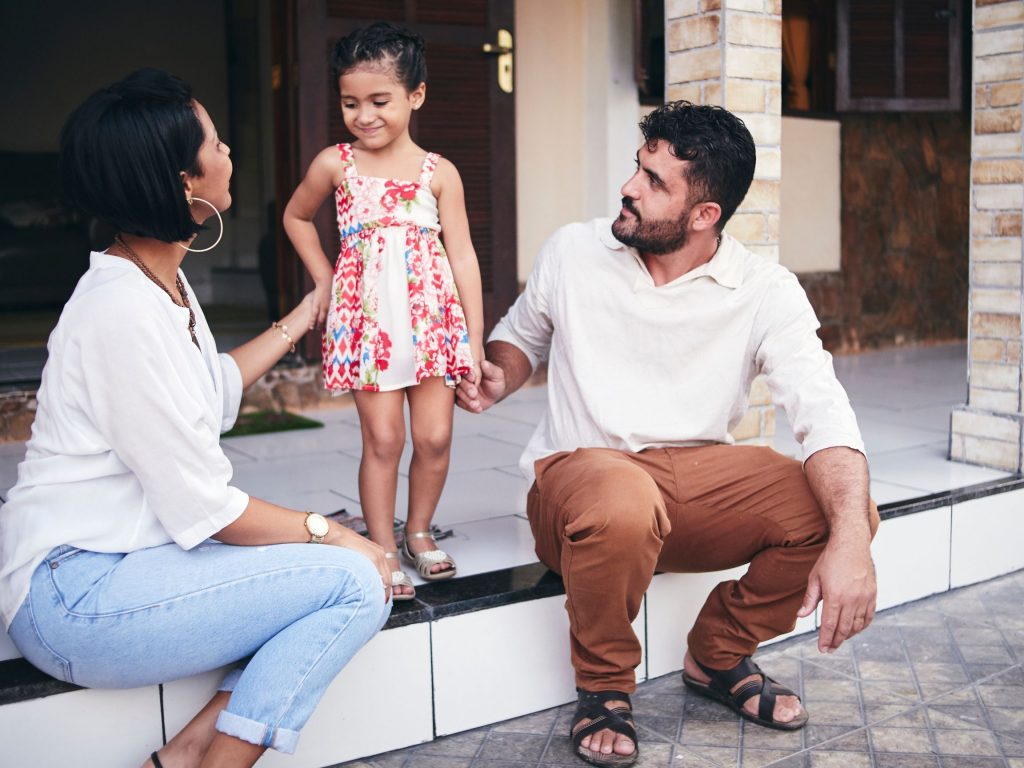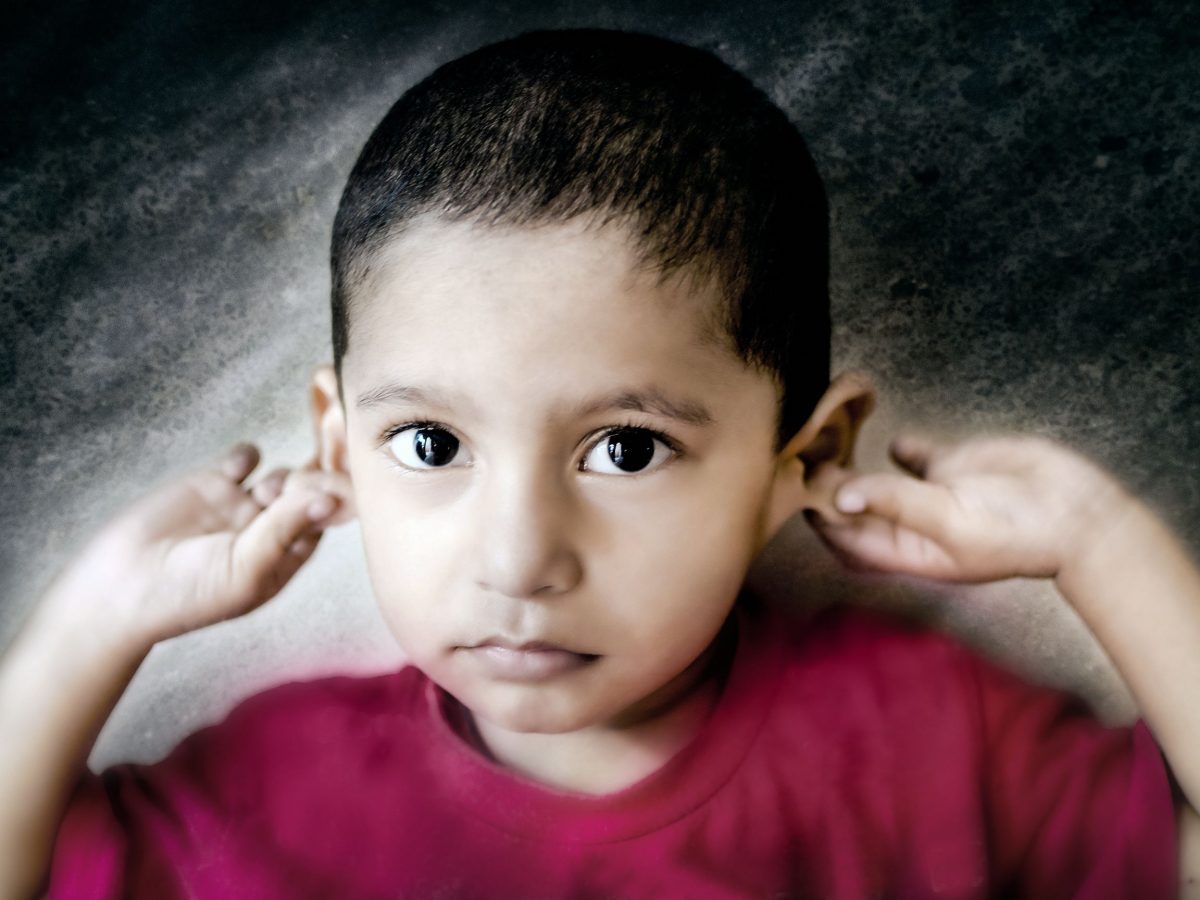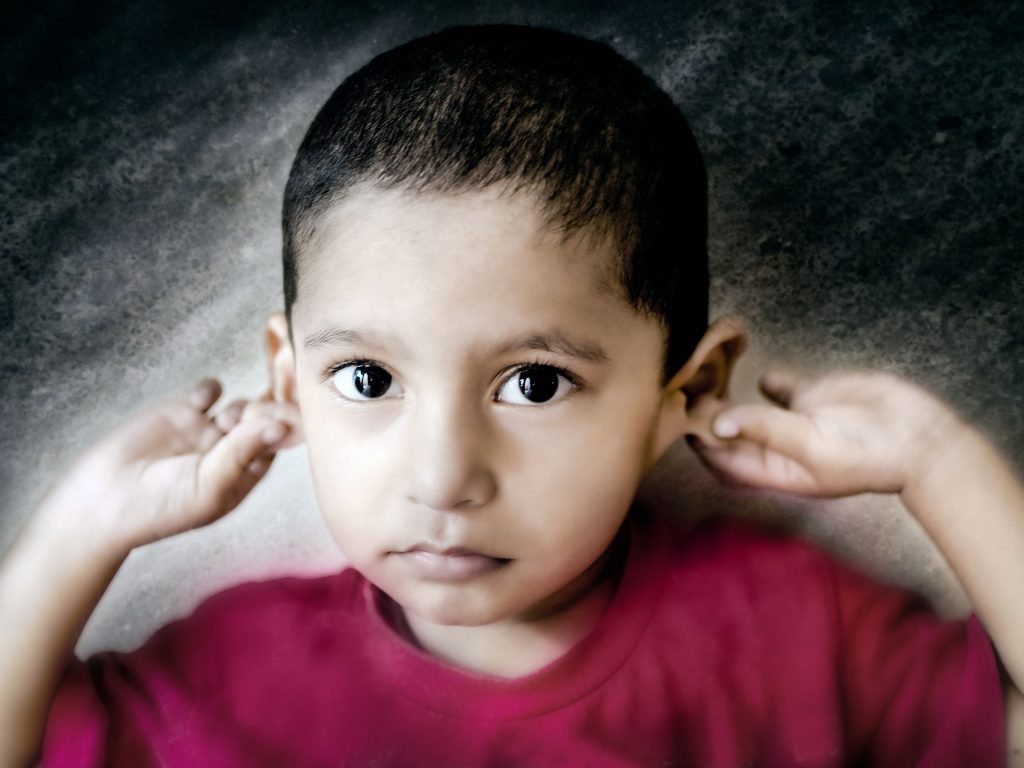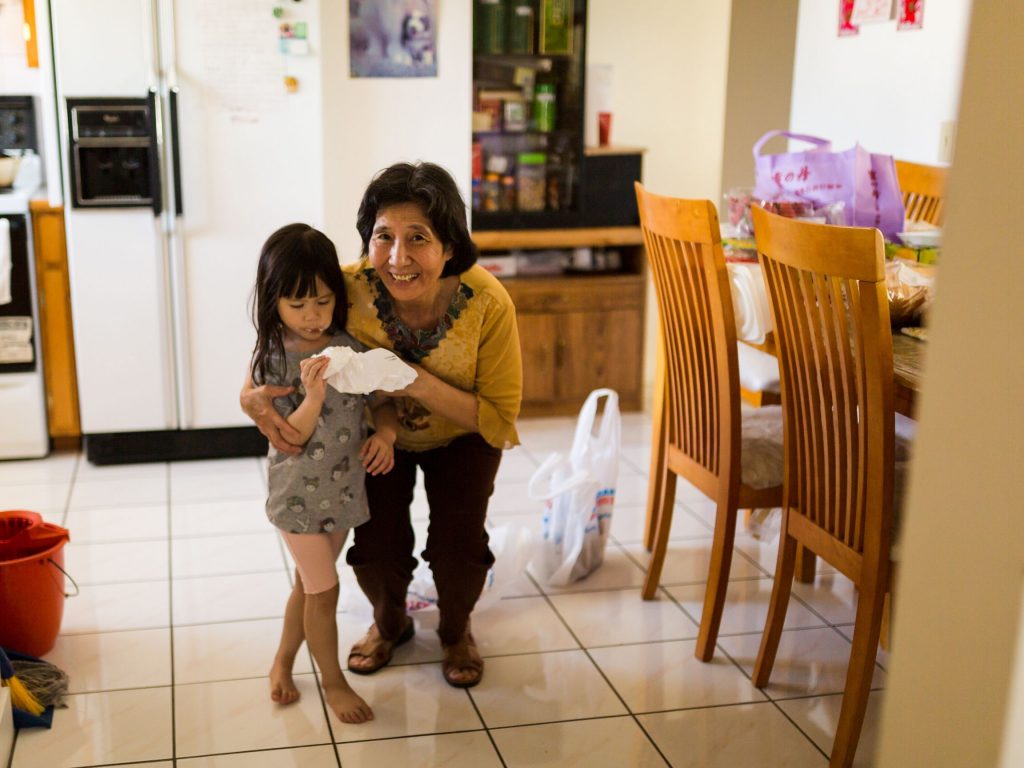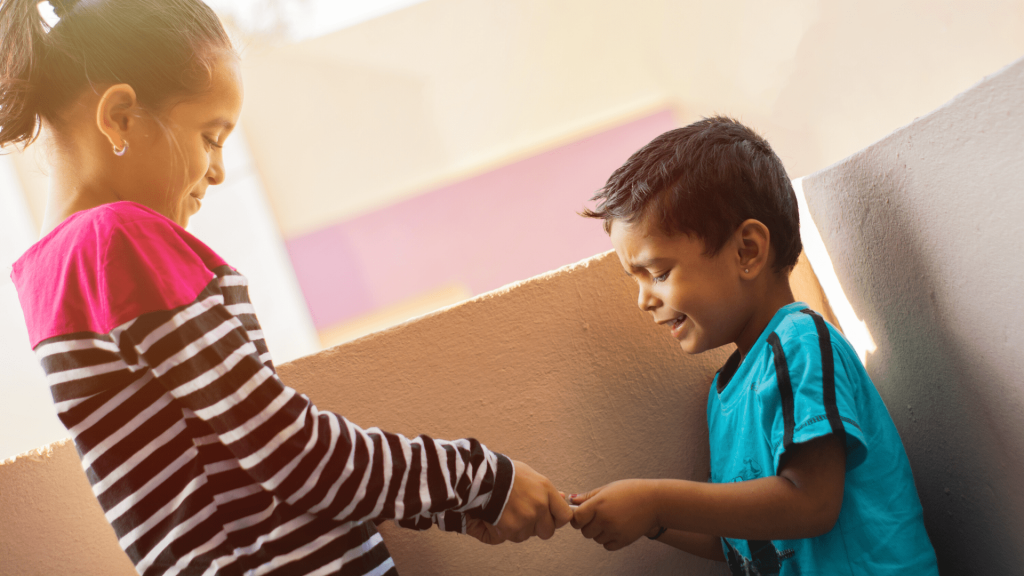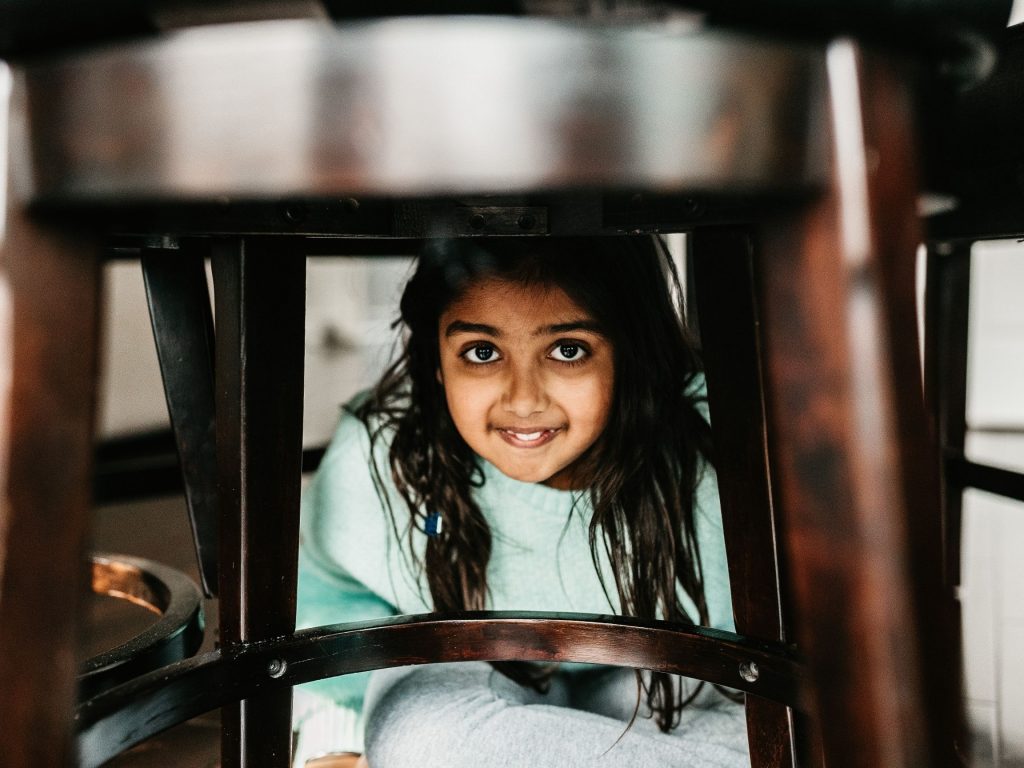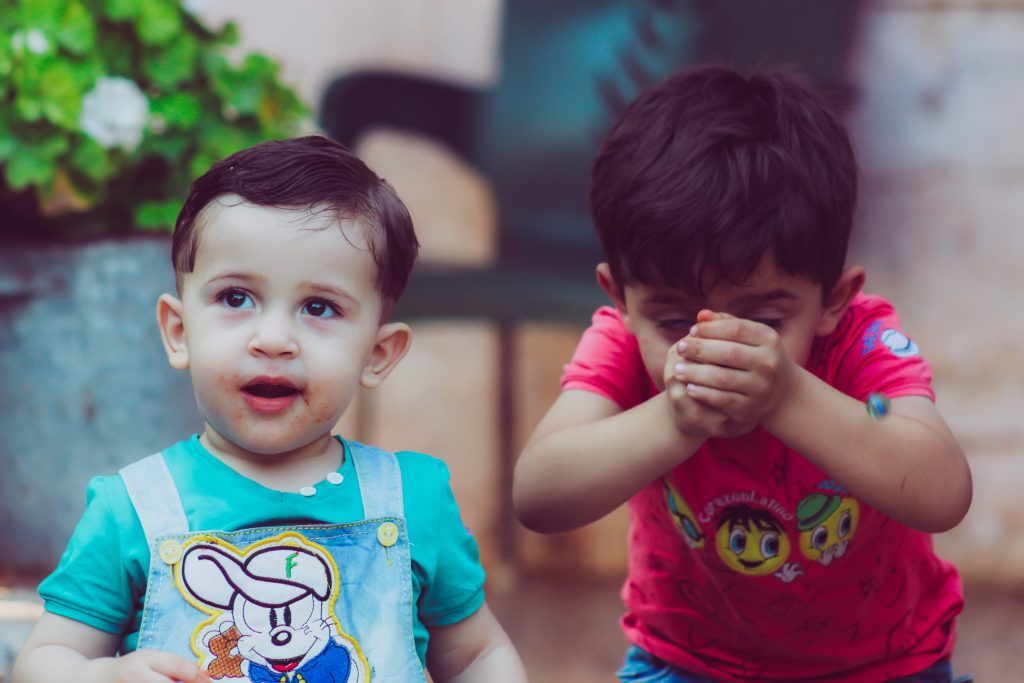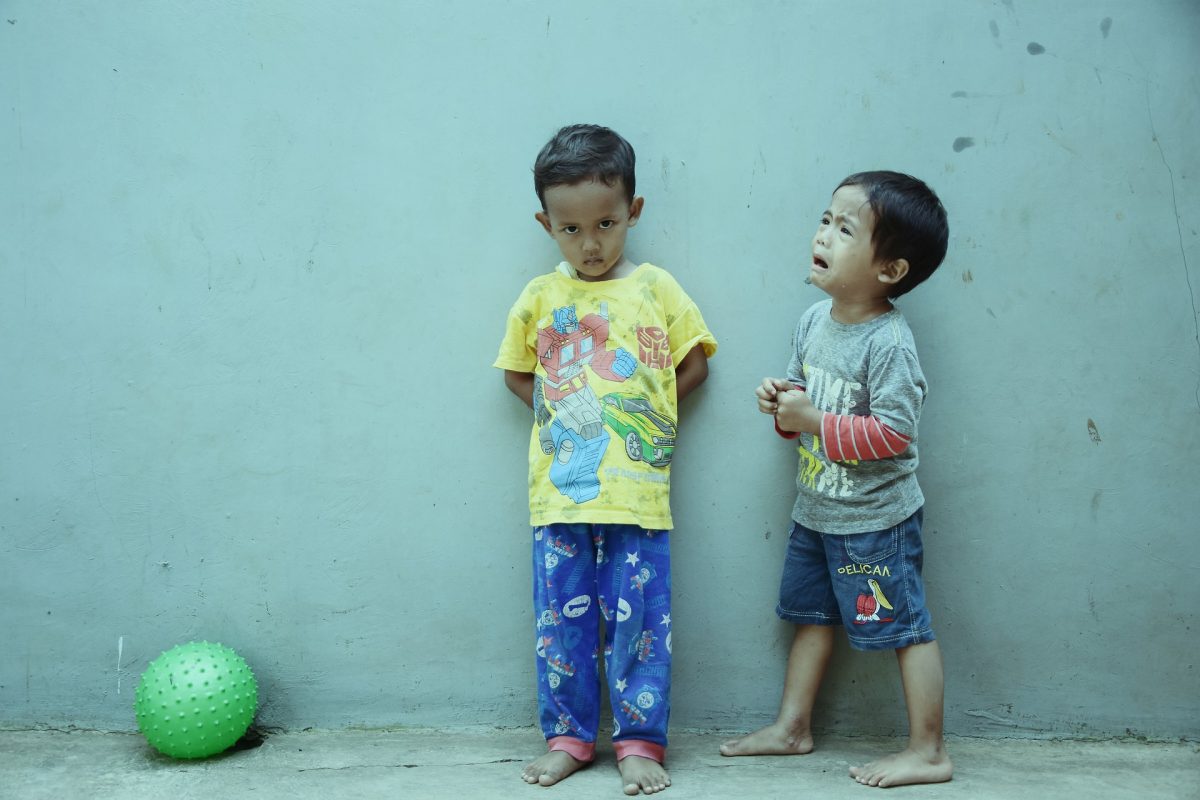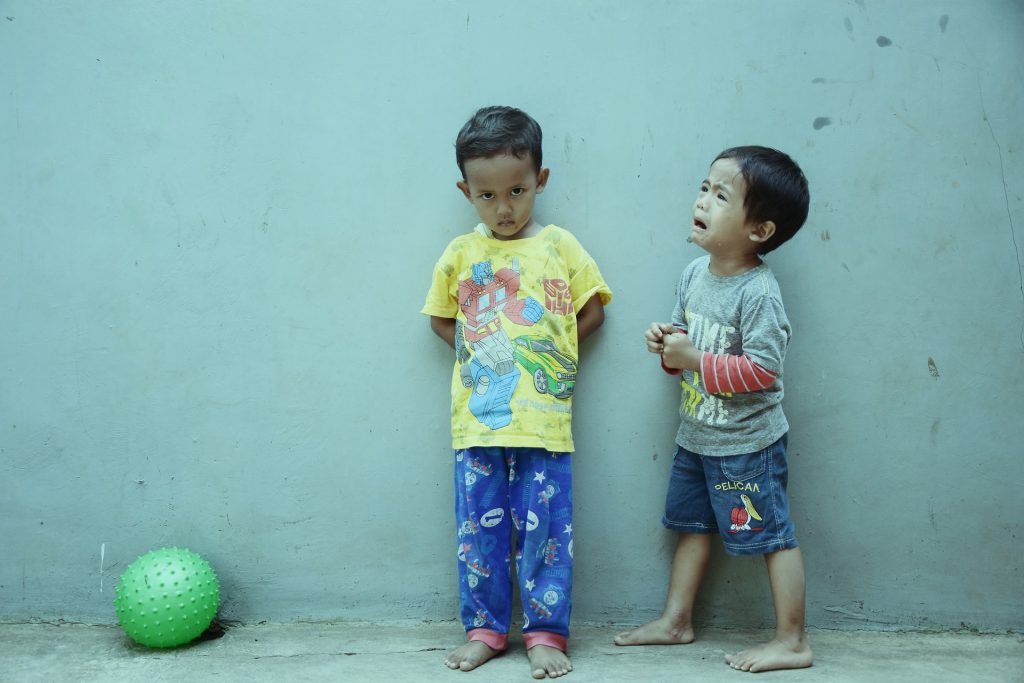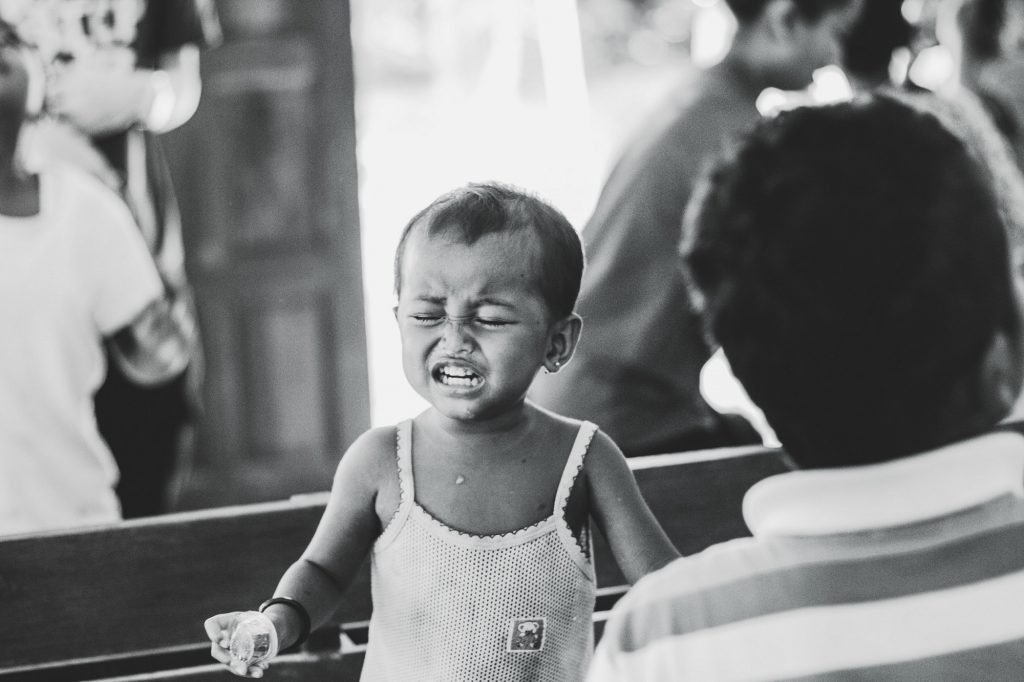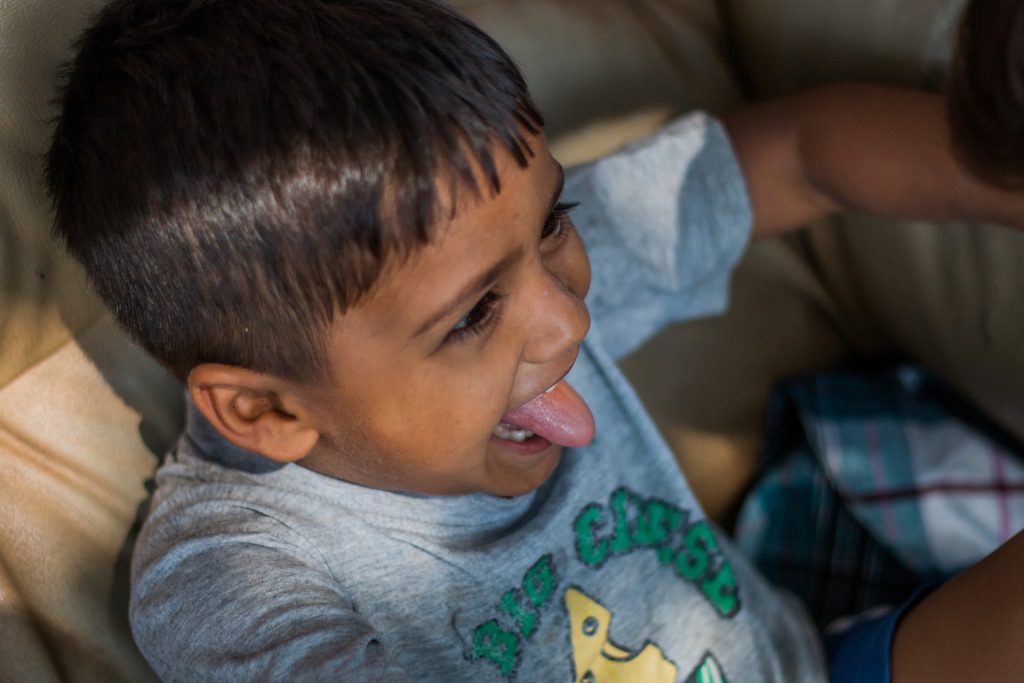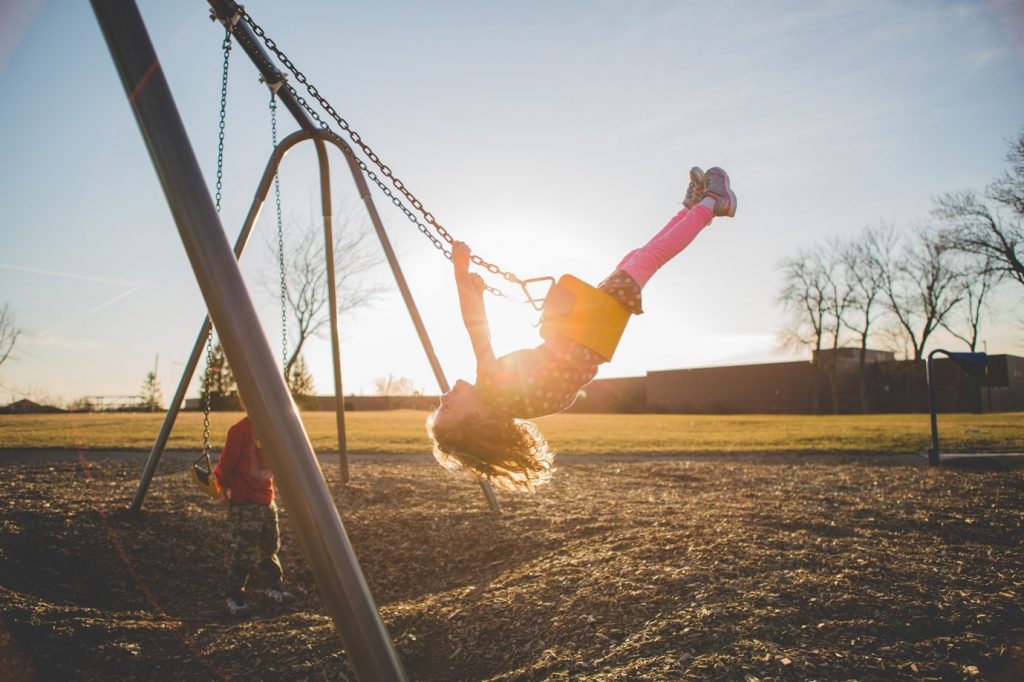
Introduction:
As an experienced childcare provider, I understand the importance of selecting the right option for your child’s early education. When it comes to daycare and preschool, parents often find themselves faced with a crucial decision. While both options provide care for young children, they differ significantly in structure, curriculum, and goals. In this comprehensive article, we will explore the distinctions between daycare and preschool, helping you make an informed decision that will lay a strong foundation for your child’s future.
1. 60-Second Summary:
- Daycare offers full-time or part-time care for children from infancy to school-age, while home daycare operates in a home setting with a smaller group of children.
- Preschools are designed for children aged 2-5 years and focus on early learning and social development.
- Daycare centers provide a safe and nurturing environment, while preschools offer structured programs and activities.
- Daycare goals include meeting basic needs and fostering emotional development, while preschools aim to prepare children for formal schooling through cognitive and social skill development.
- Both daycare and preschool emphasize play and social interaction.
- Preschools have a structured curriculum, cater to specific age ranges, follow set schedules, and emphasize early education, while daycare centers prioritize overall development and provide flexible hours for working parents.
- Daycare and preschool costs in India vary based on location, facilities, curriculum, and duration of care. Research and compare fees for affordability.
2. Daycare, Home Daycare, Preschool: Which One is Suitable for Your Family?
Choosing the right option for your family requires careful consideration of several factors. Let’s explore each option in more detail:
– Daycare: Daycare centers are an excellent choice for parents who require full-time or part-time care for their infants or young children while they work. They provide a safe and nurturing environment, focusing on meeting the basic needs of children, including feeding, changing, and nap times. Daycare centers often have flexible hours to accommodate the needs of working parents.
– Home Daycare: Home daycares operate in a more intimate setting, usually run by an individual or small group of caregivers in their homes. Home daycares offer a homely atmosphere with lower child-to-adult ratios, allowing for more individualized attention. This option can be ideal for parents who prefer a smaller and more personal setting for their child’s care.
– Preschool: Preschools are designed for children aged 2-5 years and play a crucial role in preparing children for formal schooling. Preschools focus on early learning and social development, providing a structured curriculum. They offer activities and programs tailored to enhance cognitive, emotional, and social skills. Preschools typically follow a set schedule aligned with school hours, helping children establish routines and develop a sense of structure.
3. Goals of Preschool and Daycare:
While daycare and preschool have distinct goals, both are vital for a child’s growth and development. Let’s explore their objectives:
– Daycare Goals: Daycare centers primarily focus on providing a safe, secure, and nurturing environment for children. They aim to meet the basic needs of children, including feeding, changing, and nap times. Daycare providers foster emotional development, ensuring the overall well-being of the child. Through play and social interactions, children learn essential social skills such as sharing, cooperation, and conflict resolution.
– Preschool Goals: Preschools play a crucial role in preparing children for formal schooling. Their structured programs focus on early learning and social development. Preschools aim to foster cognitive development by introducing pre-literacy and pre-numeracy skills. They encourage independence, curiosity, and creativity. Additionally, preschools promote social skills, including sharing, taking turns, teamwork, and effective communication.
4. Similarities and Differences of Preschool and Daycare:
While daycare and preschool share some similarities, they differ significantly in various aspects. Let’s examine their similarities and differences:
Similarities between preschool and daycare
– Both daycare and preschool provide care and supervision for young children.
– Both environments aim to create a nurturing and supportive atmosphere for children’s growth and development.
– Both daycare and preschool recognize the importance of play and age-appropriate activities in fostering social interaction and overall development.
Differences between preschool and daycare
– Curriculum: Preschools offer a structured curriculum with age-appropriate learning activities, focusing on early education. Daycare centers typically do not have a formal curriculum but prioritize overall development, including physical, emotional, and social aspects.
– Age Range: Daycare centers cater to infants and children of all ages, while preschools typically enroll children aged 2-5 years.
– Duration: Daycare centers often offer longer hours and extended care options to accommodate the needs of working parents. Preschools typically follow a set schedule aligned with school hours.
– Educational Focus: Preschools emphasize early learning, pre-literacy, and pre-numeracy skills to prepare children for formal schooling. Daycare centers focus on providing a safe and caring environment without a structured educational curriculum.
5. What Children Learn in Daycare and Preschool:
Daycare:
In daycare, children learn and develop through exploration, play, and socialization. The focus is on holistic development, including:
– Basic Life Skills: Daycare providers assist children in developing essential life skills such as feeding, dressing, and personal hygiene.
– Social Skills: Children engage in activities that promote social interaction, sharing, cooperation, and conflict resolution. They learn to navigate social situations, building valuable skills for future relationships.
– Emotional Development: Daycare providers foster emotional development by providing a nurturing and supportive environment. They encourage positive emotional expression and help children develop resilience and empathy. – Physical Activities: Daycare centers provide opportunities for physical play and gross motor skills development, helping children enhance their coordination, balance, and strength.

Preschool:
Preschools focus on early education and preparing children for formal schooling. Children learn a wide range of skills, including:
– Pre-Literacy and Pre-Numeracy Skills: Preschools introduce children to letters, numbers, shapes, and colors. They engage in activities that promote language development, phonics awareness, and early writing skills.
– Cognitive Development: Preschools provide age-appropriate activities that stimulate cognitive development, such as puzzles, problem-solving, and creative play. Children learn to think critically, make connections, and develop their problem-solving abilities.
– Social Skills Development: Preschools foster social skills through group activities, collaboration, and peer interactions. Children learn to share, take turns, communicate effectively, and work as part of a team.
– Fine Motor Skills Enhancement: Preschool activities, such as drawing, cutting, and building, help children develop fine motor skills and hand-eye coordination, setting the foundation for future writing and drawing abilities.
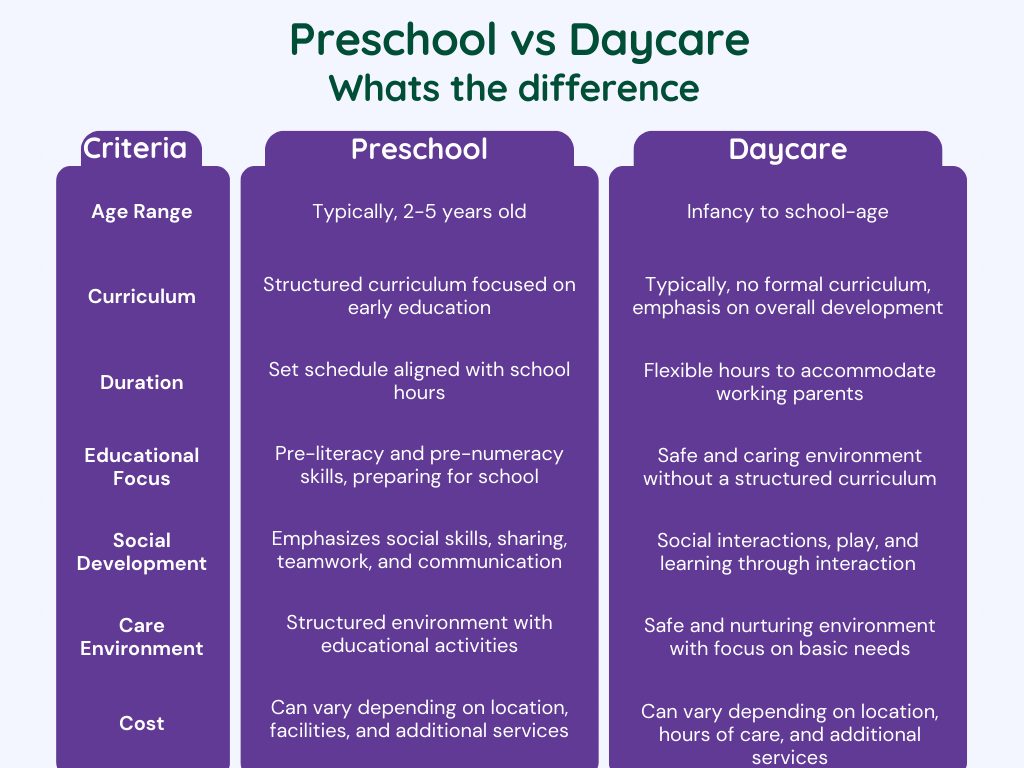
6. Different Types of Preschool Programs:
Preschool programs come in various forms, each offering unique approaches to early education. Understanding these types can help you choose a program that aligns with your child’s needs and your educational preferences. Here are a few common types:
– Montessori: Montessori preschools follow the educational philosophy of Maria Montessori, emphasizing hands-on learning, independence, and self-paced development. These programs often have mixed-age classrooms and a focus on self-directed exploration.
– Reggio Emilia: Originating in Italy, Reggio Emilia preschools promote project-based learning, artistic expression, and collaboration between children, teachers, and parents. These programs value the child’s interests and encourage their active participation in their learning journey.
– Waldorf: Waldorf preschools, inspired by Rudolf Steiner’s philosophy, prioritize imagination, creativity, and holistic development. They emphasize play, storytelling, and artistic activities, fostering a strong connection with nature and the arts.
– Academic: Academic preschools place a strong emphasis on early academic skills, such as literacy, numeracy, and structured learning experiences. These programs provide a more formal approach to education, preparing children for academic success.
– Play-based: Play-based preschools focus on learning through play and exploration. They
provide open-ended materials and experiences, allowing children to engage in self-directed learning, problem-solving, and imaginative play.
7. Different Classes in a Preschool Program:
Preschool programs often have different classes that cater to specific age groups. These classes are designed to provide age-appropriate activities, curriculum, and developmental experiences. Let’s explore the various classes commonly found in preschool programs:
1. Playgroup:
The playgroup class is typically the entry-level class for preschool programs. It is suitable for children around the age of 2 or 2.5 years. The primary focus of the playgroup class is to introduce young children to a structured learning environment and promote socialization through play-based activities. Playgroup classes provide opportunities for children to engage in sensory exploration, develop fine and gross motor skills, and begin to learn basic concepts such as colors, shapes, and numbers. The curriculum in playgroup classes often includes art activities, circle time, music and movement, storytime, and free play.
2. Nursery:
Nursery is the next stage in a preschool program and typically caters to children aged 3 to 4 years. Nursery classes build upon the foundations laid in the playgroup class and aim to enhance children’s cognitive, social, and emotional development. The curriculum in nursery classes becomes more structured and focuses on building pre-literacy and pre-numeracy skills. Children engage in activities that promote language development, phonics awareness, number recognition, and early writing skills. They participate in interactive group activities, hands-on learning experiences, and creative play. Nursery classes also emphasize social skills development, fostering cooperation, sharing, and communication.
3. Lower Kindergarten (LKG):
Lower Kindergarten (LKG) is the next stage of a preschool program and is generally attended by children aged 4 to 5 years. LKG classes further enhance children’s cognitive abilities, language skills, and overall readiness for formal schooling. The curriculum in LKG classes introduces more structured learning experiences and focuses on literacy and numeracy development. Children learn letter-sound associations, basic reading comprehension skills, number concepts, and early math skills. LKG classes incorporate more complex art activities, science exploration, storytelling, and interactive group projects. Children continue to develop social skills, teamwork, and independence.
4. Upper Kindergarten (UKG):
Upper Kindergarten (UKG) is the final stage of a preschool program before children transition to formal schooling. UKG classes are usually attended by children aged 5 to 6 years. The curriculum in UKG classes further refines the skills and knowledge acquired in previous classes, preparing children for the challenges of primary school. UKG classes focus on building reading and writing fluency, number sense, problem-solving abilities, and critical thinking skills. Children engage in more advanced literacy activities, mathematical concepts, science experiments, and hands-on projects. UKG classes emphasize social-emotional development, leadership skills, and preparing children for the transition to primary school.
It’s important to note that the age ranges mentioned above may vary slightly depending on the preschool program and educational system in different countries. Preschools often tailor their curriculum and activities to the specific age group they serve, ensuring that children receive developmentally appropriate experiences that cater to their individual needs and abilities.
In conclusion, preschool programs typically offer different classes such as playgroup, nursery, Lower Kindergarten (LKG), and Upper Kindergarten (UKG), each designed to provide age-appropriate activities and foster the development of key skills necessary for a smooth transition to formal schooling. These classes play a crucial role in preparing children for academic success, social interaction, and overall holistic development.
8. Costs for Preschool and Daycare in India:
The cost of preschool and daycare in India can vary significantly based on several factors, including location, facilities offered, curriculum, duration of care, and additional services provided. It’s essential to consider these factors while keeping your budget in mind. Here’s an overview of the typical cost range for preschool and daycare in India:
Preschool:
Preschool fees can vary depending on the reputation of the institution, location, facilities, curriculum, and the duration of the program. In urban areas and metropolitan cities, preschool fees tend to be higher compared to smaller towns and rural areas. On average, monthly fees for preschool in India can range from ₹3,000 to ₹15,000 or more. Some prestigious preschools may have higher fees due to their brand value and exclusive facilities. Additionally, preschools may charge an admission or registration fee at the time of enrollment.
Daycare:
Daycare fees are typically calculated based on the number of hours or the duration of care required. Full-day daycare, which provides care for the entire working day, generally has higher fees compared to half-day or part-time options. The cost of daycare in India can range from ₹4,000 to ₹15,000 or more per month, depending on the location and additional services provided. Some daycare centers may offer additional services such as meals, transportation, and extracurricular activities, which can influence the overall cost.
It’s important to note that these fee ranges are approximate and can vary based on the specific preschool or daycare center, as well as the region in which it is located. It’s advisable to research and compare fees from multiple providers in your desired location to get a better understanding of the pricing range.
Additionally, it’s crucial to consider other expenses that may be associated with preschool or daycare, such as uniforms, books, materials, transportation, meals, and any additional services or activities offered by the institution. These additional expenses can impact the overall cost of your child’s preschool or daycare experience.
Furthermore, some preschools and daycares in India may offer fee structures with different payment options, such as monthly, quarterly, or annual payments. It’s important to inquire about the fee structure and payment policies of each preschool or daycare center you are considering.
When evaluating the costs, it’s essential to strike a balance between your budget and the quality of care and education provided. Remember that the cost should not be the sole determining factor in selecting a preschool or daycare center for your child. Consider factors such as the reputation of the institution, curriculum, facilities, safety measures, teacher qualifications, and parent reviews to make an informed decision.
The cost of preschool and daycare in India can vary significantly based on factors such as location, facilities, curriculum, duration of care, and additional services provided. Preschool fees typically range from ₹3,000 to ₹15,000 or more per month, while daycare fees can range from ₹4,000 to ₹15,000 or more per month. It’s important to research and compare fees from multiple providers in your desired location to get a better understanding of the pricing range. However, it’s crucial to consider other aspects, such as the quality of care, educational programs, facilities, and safety measures when making a decision. Striking a balance between affordability and quality is key to ensuring a positive and enriching early education experience for your child.

9. Kiddenz: Simplifying the Process of Choosing the Right Preschool and Daycare:
Choosing the right preschool or daycare for your child is an important decision that requires thorough research and consideration. That’s where Kiddenz, an online platform dedicated to early childhood education, can assist you. Kiddenz offers a comprehensive database of preschools and daycares, providing detailed information on facilities, curriculum, staff qualifications, and parent reviews. Here’s how Kiddenz can simplify the selection process:
– Extensive Database: Kiddenz provides an extensive listing of preschools and daycares, allowing parents to explore various options in their desired location.
– Detailed Information: Each listing on Kiddenz includes key details about the facility, such as age range, programs offered, curriculum, fees, and contact information. This information can help you gather the necessary details to make an informed decision.
– Parent Reviews: Kiddenz features reviews from other parents who have firsthand experience with the preschool or daycare, providing insights into the quality of care and educational programs. Reading these reviews can give you a sense of what to expect from a particular facility.
– Personalized Assistance: Kiddenz offers personalized assistance to parents, helping them understand their child’s unique needs, navigate the selection process, and find the best-fit option. The experts at Kiddenz can provide guidance based on your specific requirements, making your decision-making process more seamless and informed.
10. FAQ Section for Preschool and Daycare:
Q1. What is the typical cost of daycare and preschool in India?
A1. The cost of daycare and preschool can vary significantly depending on factors such as location, facilities offered, curriculum, and duration of care. It is advisable to research and compare costs in your specific area to get a better understanding of the pricing range.
Q2. How do I know if my child is ready for preschool?
A2. Children may be ready for preschool if they show signs of being able to follow simple instructions, interact positively with other children, display an interest in learning and exploring, and demonstrate a certain level of independence in daily activities.
Q3. Is it better to choose a daycare close to my workplace or home?
A3. The decision of whether to choose a daycare close to your workplace or home depends on your priorities and logistical considerations. Selecting a daycare closer to your workplace can provide convenience in terms of drop-off and pick-up, while a daycare near your home may offer a familiar environment for your child and potentially reduce travel time.
Q4. How can I ensure my child’s safety in a daycare or preschool?
A4. Ensuring your child’s safety in a daycare or preschool involves several steps. Visit the facility to assess its cleanliness, safety measures, and overall environment. Inquire about staff qualifications, including background checks and training. Ask about the facility’s protocols for emergencies, health issues, and security. Pay attention to the child-to-adult ratio, as well as supervision during play and outdoor activities. Trust your instincts and observe how the caregivers interact with the children.
Q5. Can preschools help with toilet training?
A5. Many preschools offer support and guidance in toilet training. They may have established routines and strategies to encourage toilet independence, such as regular bathroom breaks, positive reinforcement, and communication with parents. It is advisable to inquire about a preschool’s approach to toilet training and their willingness to collaborate with parents in this process.
Conclusion:
As an experienced childcare provider, I understand the importance of selecting the right option for your child’s early education. Daycare and preschool offer unique benefits and cater to different age ranges and goals. Daycare centers focus on providing a nurturing environment and overall development, while preschools prioritize early learning and social development. By considering factors such as your child’s age, your work schedule, budget, and educational preferences, you can make an informed decision. Thorough research, visiting potential facilities, and utilizing resources like Kiddenz can simplify the selection process and help you find the ideal preschool or daycare that will provide a strong foundation for your child’s future success.
